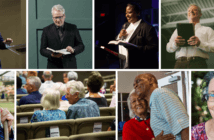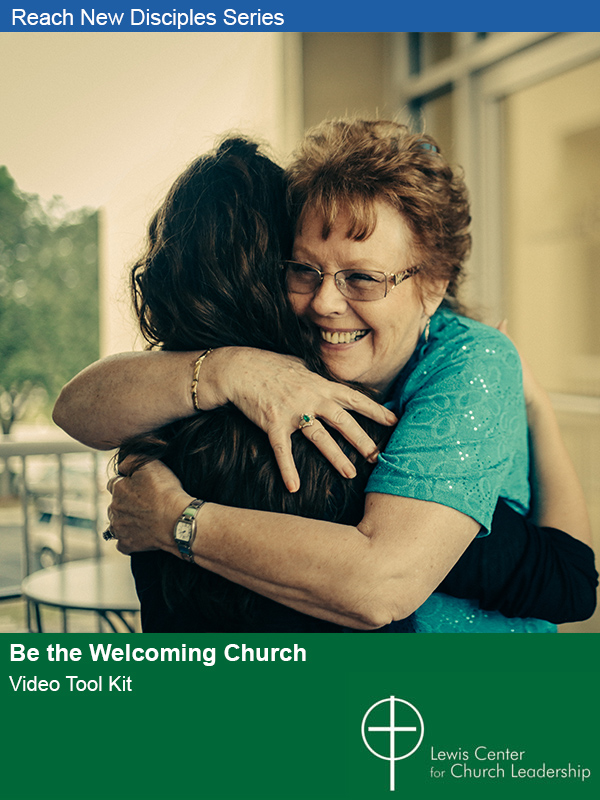For many years the Lewis Center has monitored the presence of younger clergy in the church. Why do these trends still matter? Lovett H. Weems, Jr., and Ann A. Michel remind us that despite modest progress in the past decade, encouraging the ordination of more young candidates for ministry is just as important as it was when they first articulated the case a decade ago in the book The Crisis of Younger Clergy.
While middle-aged and older pastors bring vital gifts to the practice of ministry, having a proportionate number of young persons enter ordained ministry is vital to the vibrancy of the church and key to the church’s ability to attract younger congregants and to form new congregations.
1. Fresh perspectives
Younger clergy often see the world and the church through new eyes, bringing enthusiasm, idealism, and fresh perspectives to the practice of ministry. They tend to be open to innovation and nimble in working with new ideas. Not every young person brings all these gifts, of course, but these generalization are grounded in the experience of leaders and congregations in many sectors of the church.
2. The ability to reach out to younger generations
Young clergy also have certain advantages in reaching out to their own generation. They are more likely to speak the language of an emerging generation whose worldview and modes of communication differ from those of their parents’ generation. They show high sensitivity to diversity and other cultural realities of today’s world. Just as important, the mere presence of young clergy in a church symbolizes that younger persons are valued as leaders and participants, making a congregation more attractive and hospitable to younger worshippers.
3. Energy and enthusiasm for demanding challenges
Because of the mental and physical stamina associated with youth, many younger clergy bring tremendous energy to the demands of ministry. Additionally, their schedules and routines may be more flexible, making them more open to innovative challenges, such as church planting. Research conducted by the Episcopal Church has found that pastors between the ages of 24 and 35 were the most successful in founding churches that reach 250 or more in worship attendance within seven years. An informal poll of congregational development officials in the United Methodist Church also showed a preference for church planters aged 25 to 35.
4. Time to develop expertise
Just as youthfulness has advantages in ministry, so does experience. Leadership excellence has a long gestation period. In most fields, attaining the status of expert requires at least 10 years of extensive experience and training. Without enough younger persons entering the profession, there will be fewer clergy in the pipeline who achieve the longevity of service required for the most challenging pastoral assignments and denominational leadership roles. While middle-aged and older persons who enter ministry bring many important gifts, many will not achieve the longevity of service needed for some of the most demanding ministry roles such as serving as lead pastor of a very large congregation.
5. Strengthening institutional structures
A dearth of younger people in the church’s clergy pool poses practical and institutional challenges as well. There is widespread concern among pension and health care administrators in many denominations about the costs associated with having so many middle-aged and older persons in the system. They see less money flowing into pension trusts just when more is being paid out.
Reduced numbers of young clergy deprive the profession at both ends of the age spectrum. The new ideas, creativity, energy, and cultural awareness often exhibited by the young are lost. And with more persons entering ministry with fewer years to serve, the wisdom and experience that can come with long tenures in ministry are also in jeopardy. Young clergy do, indeed, matter.
Related Resources
- 6 Trends Revealed in 2018 Clergy Age Report by Lovett H. Weems, Jr.
- The Crisis of Younger Clergy by Lovett H. Weems, Jr. and Ann A. Michel







